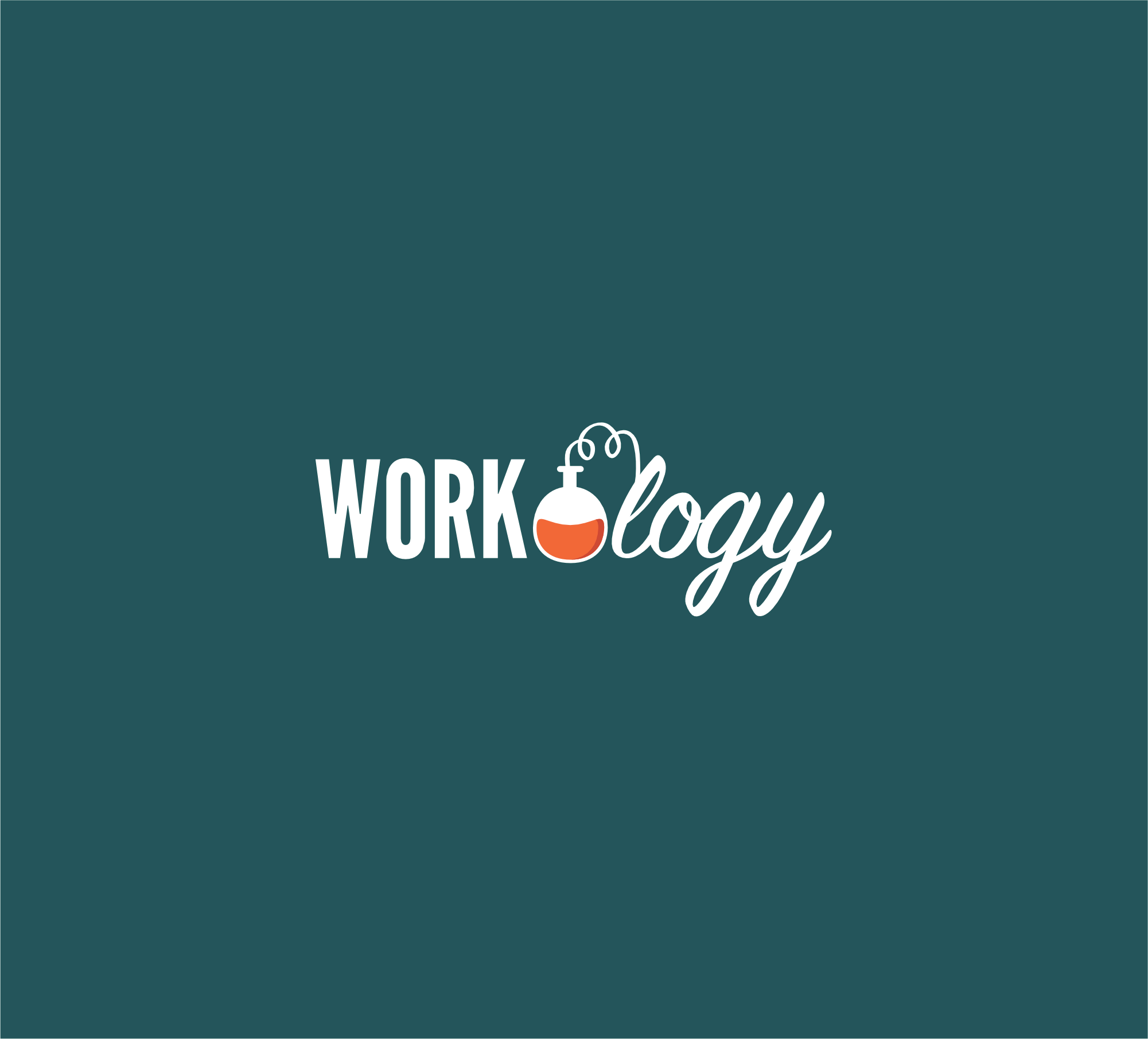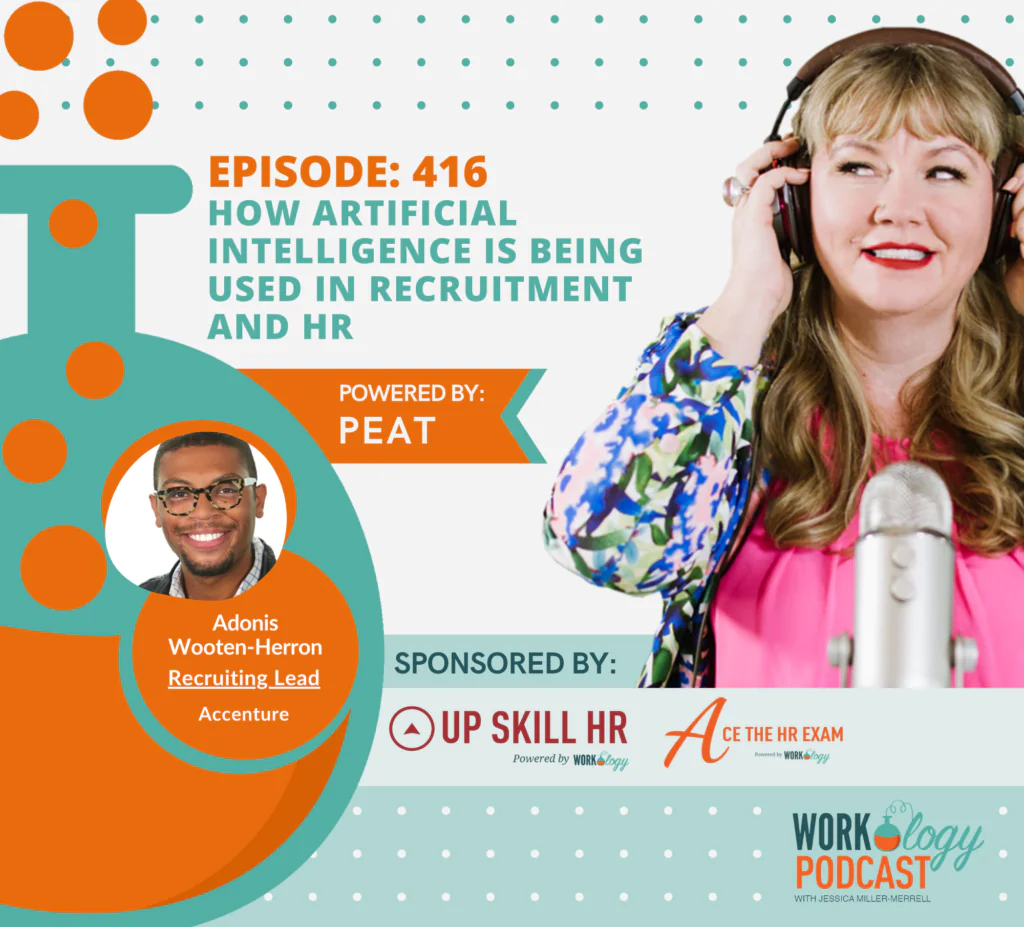Picture this: you’re the victim in a severe vehicle collision. This results in you entering a coma. You miraculously emerge as new, except that two, perhaps three years have passed since you were conscious in this world.
After some time you start to realize that things have changed. But not just in the expected way after this time. No, something big has happened. Something extraordinary has changed the course of humanity and we will never be the same again.
Unless you were in fact comatose over the last three years, you’ll possess lived experience of the COVID-19 pandemic. The once-in-a-lifetime event has drastically changed the many ways we live, from 2020 to 2023 and beyond.
Ripple effects of the pandemic are widespread and all encompassing, despite the WHO declaring the end of the global health emergency, earlier this year. The potential of a global recession is one critical example of a game changing ripple effect, prompting huge interest rate hikes and inflation, to name a couple of challenges. However if you examine other ripples on a macro scale, you’ll begin to understand exactly where and how the pandemic sank its sharp teeth in global societies.
If you possess lived experience of the extensive lockdowns, chances are it impacts upon your mental health in one way or another. A 2022 study reveals that demand for mental health care remained at a high level for the third year in a row. Consequently, psychologists are now struggling to meet the increased demand. The study also reveals that six in ten mental healthcare practitioners advised that they no longer have openings for new patients. That is a severe blow to those in need of specialized care.
What Can I Do to Help?
The pandemic has also highlighted the many and different specialties in the field of mental health. We need healthcare workers across the sector, now more than ever thanks to the exponential increase in demand. From social workers to psychotherapists, counselors, occupational therapists, psychiatrists and psychologists to name a few – the pandemic is the ‘black swan’ for the necessity for universal mental healthcare across society.
Even if you’ve already got a Bachelor’s degree, it’s easy to obtain a specialized postgraduate degree in mental health that will get you on your way to helping people in need. Not many people realize that a specialized degree is often more sought after, like an online Master’s in school counseling, in this case.
How Bad is it Exactly?
To go into specifics, almost 8 in 10 psychologists observed an increase in the number of patients presenting with anxiety disorders since the pandemic began. 66% of those also saw an increase in the demand for treatment of depression symptoms. Nearly half of those also saw increased demand for treatment against substance abuse, as pandemic lockdowns also caused an increase in addictive behaviors and a rise in rates of domestic violence and abuse.
Healthcare workers bore the burden of the pandemic at its prime, experiencing high rates of burnout in managing the effects of COVID on the general population.
Effects on Young People
The effects of lockdowns were also unequivocally detrimental to children and young adults. Children and adolescents generally undergo routine psychological challenges as typical for their crucial years of personal development. For example, a 2022 study found that 20% of adolescents in the US show signs of heightened emotional difficulty. The same study alarmingly established that during the COVID-19 pandemic in Canada, children who had to quarantine had four times higher rates of PTSD than those experienced in their peers.
Studies across Europe also reveal a sharp spike in the number of ADHD diagnoses in children from 2019 to 2022. This data, as evidenced over the specific years in question, shows a direct correlation between an increase in ADHD cases and the onset of the pandemic.
How Has Mental Healthcare Responded and Evolved?
Thankfully, it’s not all doom and gloom. The COVID-19 pandemic, with all its trials and tribulations, was met with adversity by the mental healthcare sector. Most notably, the pandemic has highlighted the many ways in which mental health is an utmost priority. Throughout lockdown, we were reminded every day to practice healthy psychological habits like meditation, journaling and reaching out to others by virtual means.
Mental healthcare has since evolved. Nowadays it adopts a more nuanced and personalized approach to treatment. COVID-19 infections and lockdowns sought the necessity to remove the traditional face-to-face setting, presenting an imminent turn to remote care. While this can result in decreased ability to detect body language and non-verbal cues, it’s also resulted in decreased cost, reduction of travel and waiting time, new means of patient monitoring and increased flexibility for patients across the board.
Mobile apps that specifically target mental health allow a more accessible and anonymous approach for many patients. The usage of an app also presents mental health as more commonplace, reducing its general stigma and likening it to maintaining physical health such as through routine exercise. This approach enables increased accessibility for patients who may be struggling to obtain a one-on-one appointment. It also assists patients who may be struggling to reach out due to existing shame.
Overall, the COVID-19 pandemic has presented new and unprecedented challenges to the mental healthcare sector. Spreading infections and ongoing lockdowns saw an immediate change to the way patients received care, yet the virtual model has continued in the years since. While this presents issues like a lack of visual cues, it also creates a greater sense of accessibility by providing convenient and cheaper care. The introduction of specialized mental health apps also assist patients that may be struggling to reach out due to potential shame and existing stigma. The prevalence of apps also likens the upkeep of mental health with that of physical health, assisting to reduce its general stigma.
The pandemic has illuminated the requirement for universal mental healthcare across the board. Despite the many challenges that have come with it, one thing is for sure; mental healthcare is one field and aspect of humanity that we will no longer be taking for granted.









